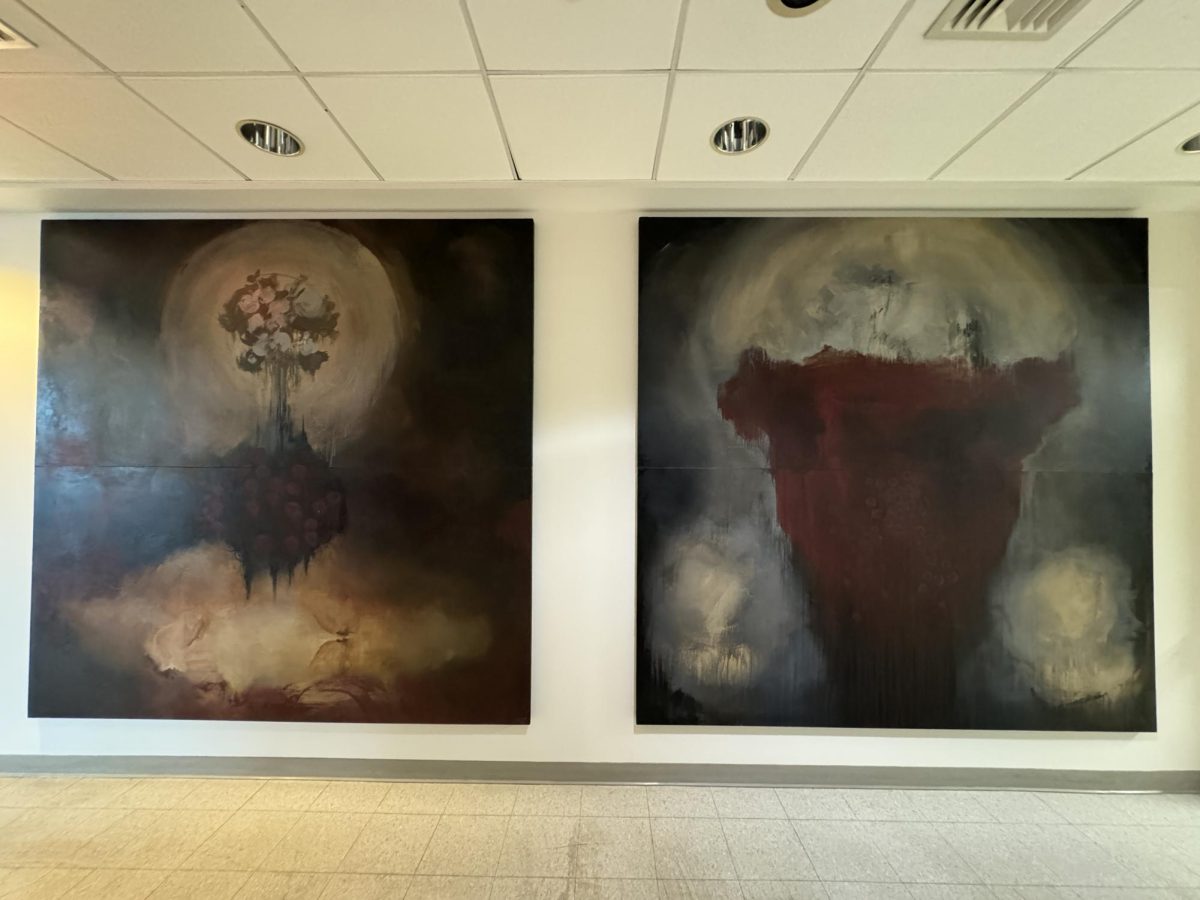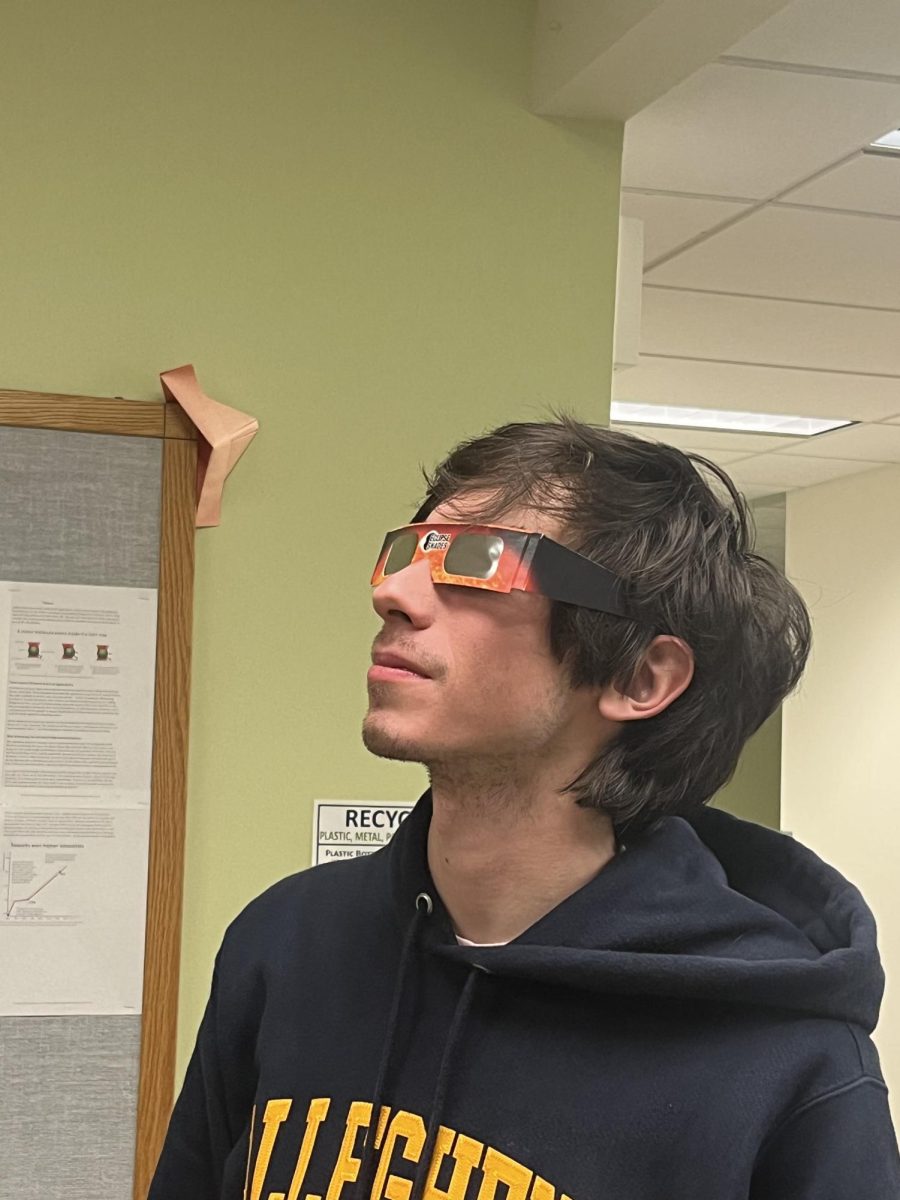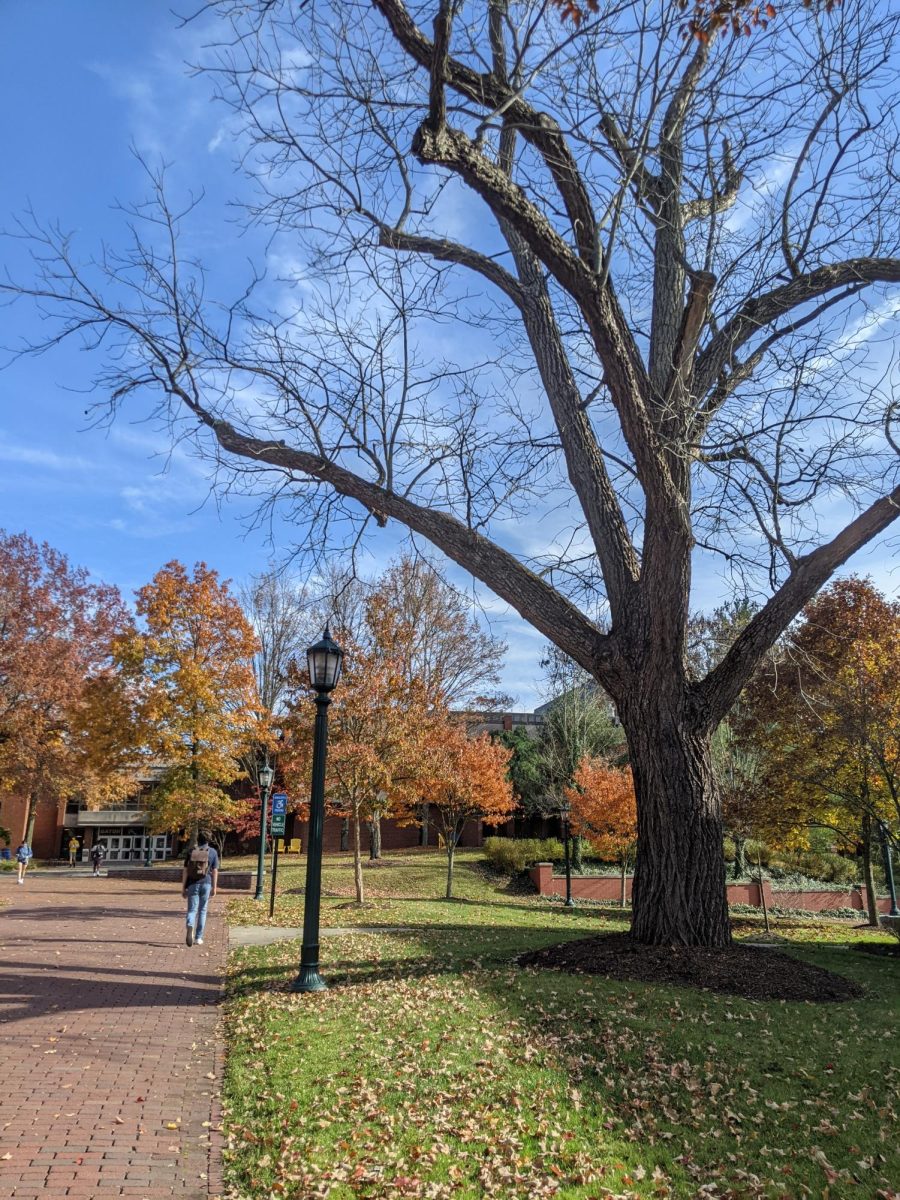John McCool
Staff Writer
mccoolj@allegheny.edu
From Brazil’s tropics to Meadville’s harsh winter winds, five Brazilian students have traversed hundreds of miles and become part of the Allegheny community. These foreign students are balancing their coursework while adapting to a new foreign culture. They are part of a growing Brazilian educational program in the United States.
The Brazilian Scientific Mobility Program (BSMP) formally called Science Without Borders is a non-degree education fund that sends Brazilian college students to study abroad in United States colleges and universities.
This study abroad project has been promoted by the Brazilian Prime Minister. In addition, the Brazilian government has also started an “Inbound Fellowship” program, which has brought in 1,250 researchers to Brazilian colleges and universities.
There have been over 100,000 Brazilian students that have been involved in this program. The students tend to study abroad for one academic year but can occasionally extend their visit by one or two additional semesters. These students primarily study in fields such as math, science, and engineering.
Allegheny College has actively become involved with BSMP. The program is highly competitive for colleges and universities to become involved in.
Bob Baldwin, ’02, senior associate director of admissions at Allegheny College, is part of a team that reviews and works with student applicants along with the Institute of International Education to find students who fit best at Allegheny College.
“Brazil has a rapidly growing economy, largely due to the energy sector, and Portuguese is quickly becoming a critical world language. Allegheny was very fortunate to have been accepted [to BSMP],” said Baldwin.
“The students we’ve seen thus far have been extremely motivated students. They have all had excellent English skills and have come from all corners of Brazil. We’ve also been thrilled that our Brazilian students have really immersed themselves in the Allegheny experience and have gotten involved in their community,” Baldwin said.
One such student is Debora Biasi. She noted that the program’s application was intensive. “I had to submit an application, two letters of recommendation, a short essay, signatures, and score well on a TOEFL [Test of English as a Foreign Language] exam. “
Biasi helms from the sprawling city of Curitiba, Brazil. The city is filled with small parks and squares that create a relaxing atmosphere. The city is also known as an environmental friendly area because of its recycling programs and its efficient public transportation system.
“I was born there, but lived in other places and now I’m back for college. I’ve been living there for almost 5 years and I can say that I love the city. It has cultural events throughout the year and a weekly fair on Sundays at the oldest part of the city. It’s a great place to go with the family and relax drinking caldo de cana [juice from sugar cane] and eating pastel [fried pastry filled with cheese, chicken or ground beef], “ said Biasi.
Although she misses the energy of city life, Biasi noted that she finds the students and professors at Allegheny very welcoming and supportive.
BSMP has now become a three billion dollar project that has provided education for a rapidly expanding Brazilian youth demographic. According to World Population Review, 62 percent of Brazilians are age 29 or younger in a population of over 200 million people.
The explosion of college students seeking a college level education has overfilled the Brazilian college system. Brazil does not have the resources or the funds to provide equal opportunity education for every college student.
Consequently, the overcrowded education system creates high competition among Brazilian students.
Biasi revealed that this competition partially stems from the free tuition offered by public Brazilian universities. Students must attain a minimal score on a standardized exam in order to enter the college system.
“There were only forty-four available spots to get in at the university where I attended,” said Biasi.
The BSMP outsources students abroad, which allows more Brazilian students to receive a college education.
A BSMP student receives free tuition, room and board and a small stipend. The students also have access to an intensive English program that allows them to learn the language proficiently and adjust to culture and social aspects of America.
Biasi opted to take a private English class nearly five years before moving to the United States.
After studying at an American university, these students also have the opportunity to work or intern in their field of study. United States universities and research firms typically have more special equipment and research projects that are not yet available to students in Brazil.
Here at Allegheny College, Biasi is studying chemistry with an environmental focus.
“I am going to continue research [in chemistry] at a graduate school back home,” said Biasi.
There are currently three other Brazilians and a Fulbright Scholar attending Allegheny College under BSMP.
“Two of the students are [studying] chemistry and the other is in computer science,” said Biasi.
Once or twice during the week, Biasi and the other Brazilian exchange students gather at lunch where they speak in their native Portuguese. It is a way to connect to their language and culture.
BSMP has only enhanced the diversity and internationalization at Allegheny College.
“We feel this really has been a win-win situation for all. Our guest students deepen their knowledge of science, the English language, and American culture, and the campus at large benefits from the increased diversity and the global perspective these students bring us,” said Baldwin.







